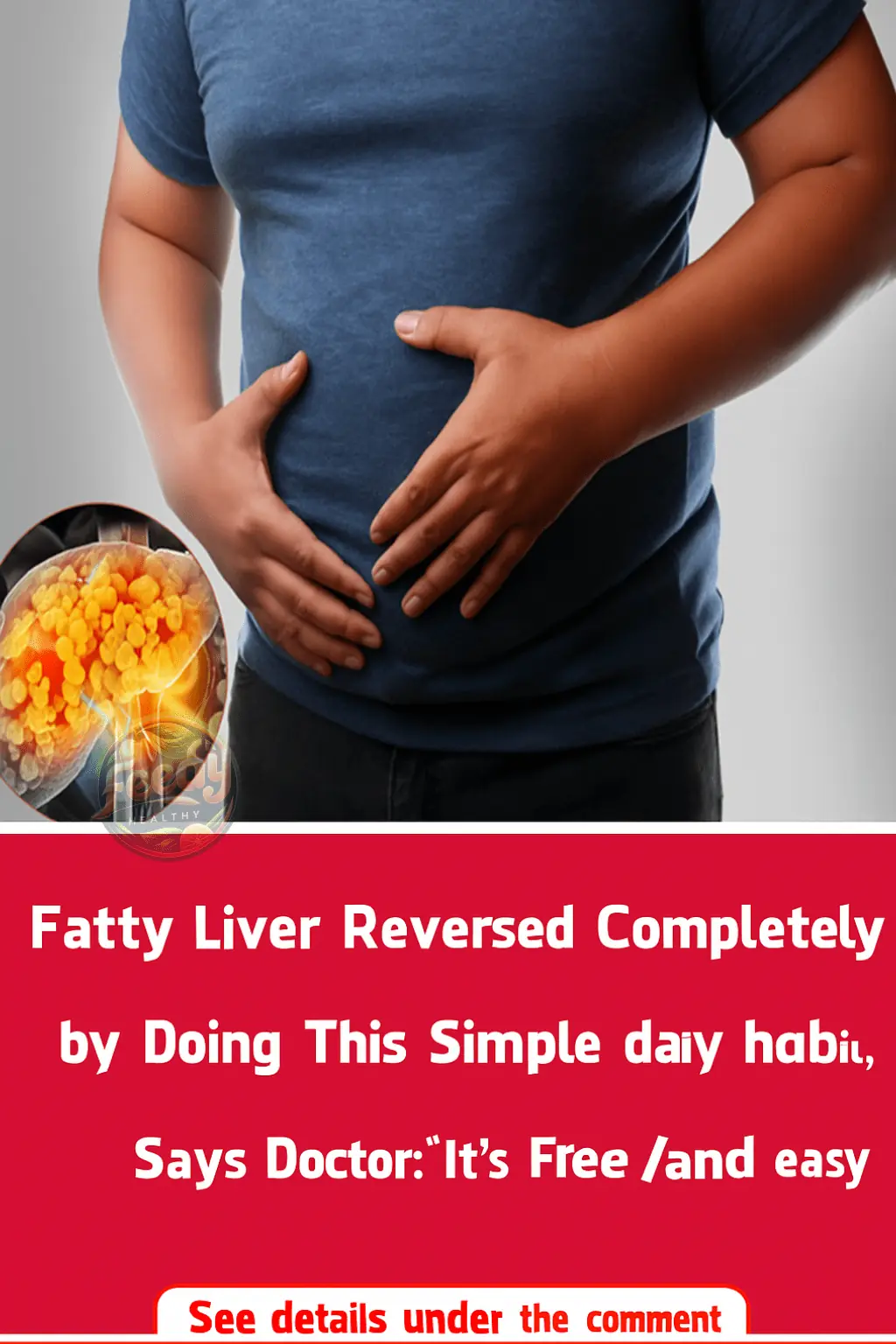
9 Symptoms of Kidney Disease and Kidney Failure Everyone Should Know

Kidney disease often shows no obvious symptoms until it has reached an advanced stage. However, there are some early warning signs that could indicate kidney problems and should not be ignored.
The kidneys play a vital role in filtering blood, balancing electrolytes, regulating fluid balance, and removing toxins from the body. They also help regulate blood pressure and produce important hormones.
When the kidneys begin to fail, their ability to filter waste and maintain balance in the body declines. This can lead to a buildup of toxins, electrolyte imbalances, and dysfunction in systems such as the circulatory, digestive, and respiratory systems. In severe cases, it can even be life-threatening.
Common Symptoms of Kidney Disease or Kidney Failure
1. Fatigue, Dizziness, and Difficulty Concentrating
Healthy kidneys produce erythropoietin, a hormone that stimulates red blood cell production. When the kidneys are damaged, erythropoietin levels drop, leading to fewer red blood cells and reduced oxygen delivery to muscles and the brain. This can cause fatigue, dizziness, and difficulty concentrating.
2. Feeling Cold Frequently
Anemia caused by kidney disease may leave you feeling cold all the time, even in a warm environment.
3. Itchy Skin or Rashes
A buildup of waste products in the blood can cause the skin to become dry, irritated, and itchy. If moisturizing lotions don’t relieve the itch, it could be a sign of internal kidney problems.
4. Breath with a Metallic or Ammonia-Like Odor
When the kidneys fail to remove toxins properly, waste accumulates in the body. This can cause a metallic taste in the mouth or an ammonia-like smell in the breath.
5. Changes in Urination
Kidney issues often cause noticeable changes in urination, such as:
-
Increased frequency, especially at night
-
Foamy or bubbly urine
-
Blood in the urine
-
Difficulty or pain when urinating
-
Urine output significantly more or less than usual
Frequent urination (more than 8 times a day or more than once per night) can be a sign of declining kidney function.
6. Swelling (Edema)
Fluid retention caused by poor kidney function can lead to swelling in the feet, ankles, legs, hands, or face. This happens when the kidneys fail to remove excess fluid and sodium, leading to fluid buildup in tissues.
7. Lower Back or Flank Pain
Pain around the lower back or sides, near where the kidneys are located, can signal kidney dysfunction. Fluid retention and imbalances can cause discomfort or soreness in this area.
8. Nausea and Vomiting
The accumulation of waste products in the blood (uremia) can lead to persistent nausea and vomiting. This is a common symptom of advanced kidney failure and requires medical attention.
9. Shortness of Breath
This can occur due to fluid buildup in the lungs or because of anemia caused by decreased red blood cell production. Both conditions limit oxygen delivery to the body, leading to shallow breathing or breathlessness.
Global and Local Concerns
According to the World Health Organization (WHO), 10% of the global population suffers from kidney-related diseases. These conditions are responsible for the deaths of 5–10 million people each year, and the numbers are expected to rise. By 2030, it's estimated that 5.2 million people will require dialysis.
In Vietnam alone, around 5 million people are currently living with kidney disease. Of these, approximately 26,000 are in end-stage kidney failure and require dialysis, with an estimated 8,000 new cases each year.
Final Note
Kidney disease can affect people of all ages—children, adolescents, adults, and seniors—regardless of gender. Common kidney-related conditions include kidney stones, glomerulonephritis, acute and chronic kidney failure, and kidney cancer.
Chronic kidney disease (CKD), in particular, often arises as a complication of other illnesses like diabetes or hypertension. For this reason, regular health checkups, lab tests, and compliance with medical advice are essential. Maintaining a healthy lifestyle and proper nutrition is crucial to preventing kidney disease and managing existing conditions effectively.
News in the same category


Doctor Warns: Common "Money-Saving" Habits May Lead to Cancer – A Family of Three Diagnosed

Honeybee Venom: A Natural Breakthrough in the Battle Against Breast Cancer

5 Concerning Symptoms During Sleep That May Signal an Impending Stroke
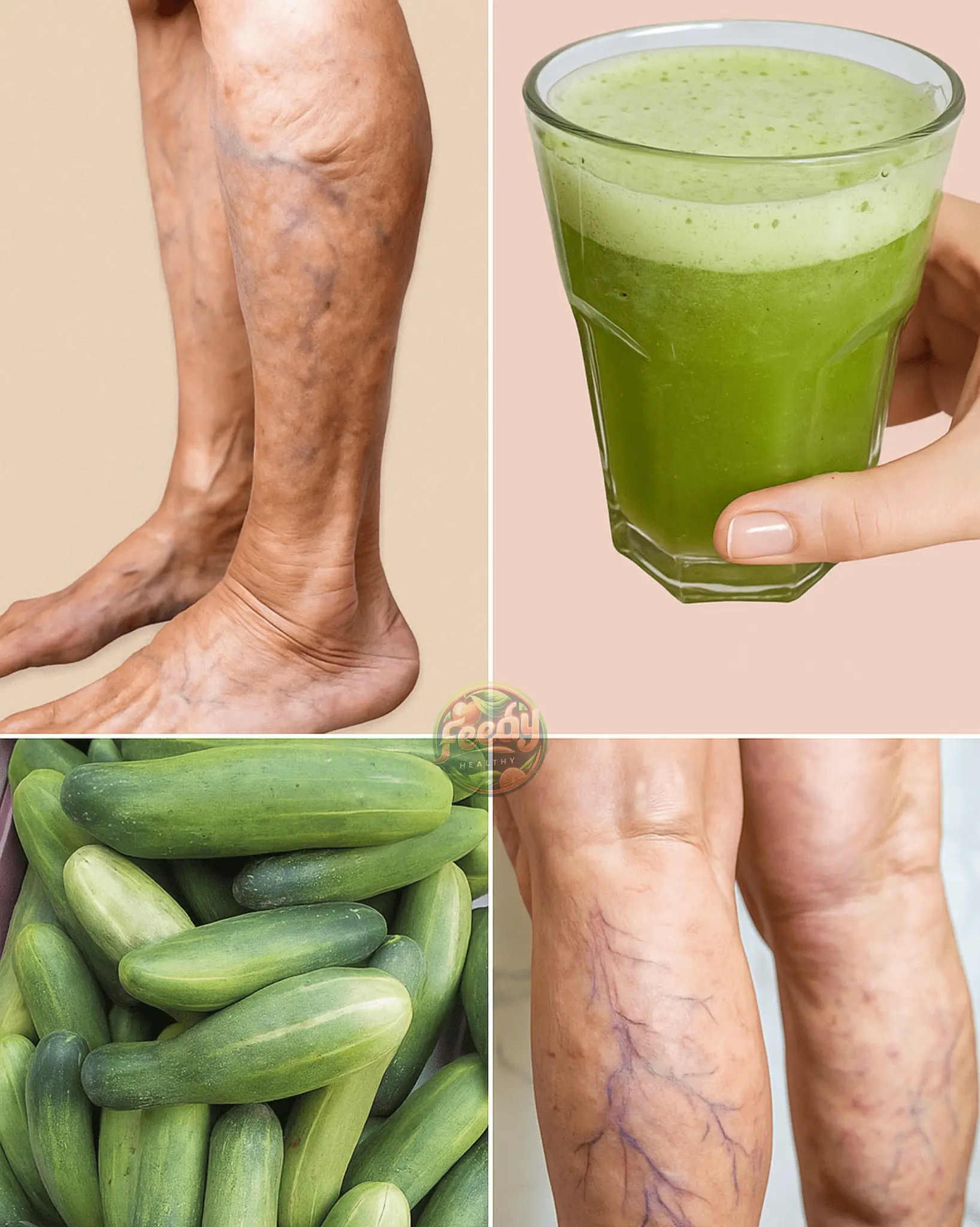
Do You Eat Cucumber? Few Know It Helps With THIS – Incredible Benefits of Eating Cucumber for Varicose Veins

DIY Flaxseed Gel Ice cubes for Clear Skin & Large Pores

Early Warning Signs That May Indicate Advanced Nasopharyngeal Cancer

Graviola Leaf: A Traditional Remedy with Promising Potential in Cancer Research

How Banana Blossom Can Boost Your Health: Nutritional Benefits and Delicious Recipes

1 Vitamin E Capsule a Day Can Do This For You

Could Contaminated Peanut Butter Raise Liver Health Concerns? What You Should Know About Aflatoxins

Diagnosed with Late-Stage Stomach Cancer, I Realized Too Late: 3 Common Foods Left in the Fridge Were Silent Contributors
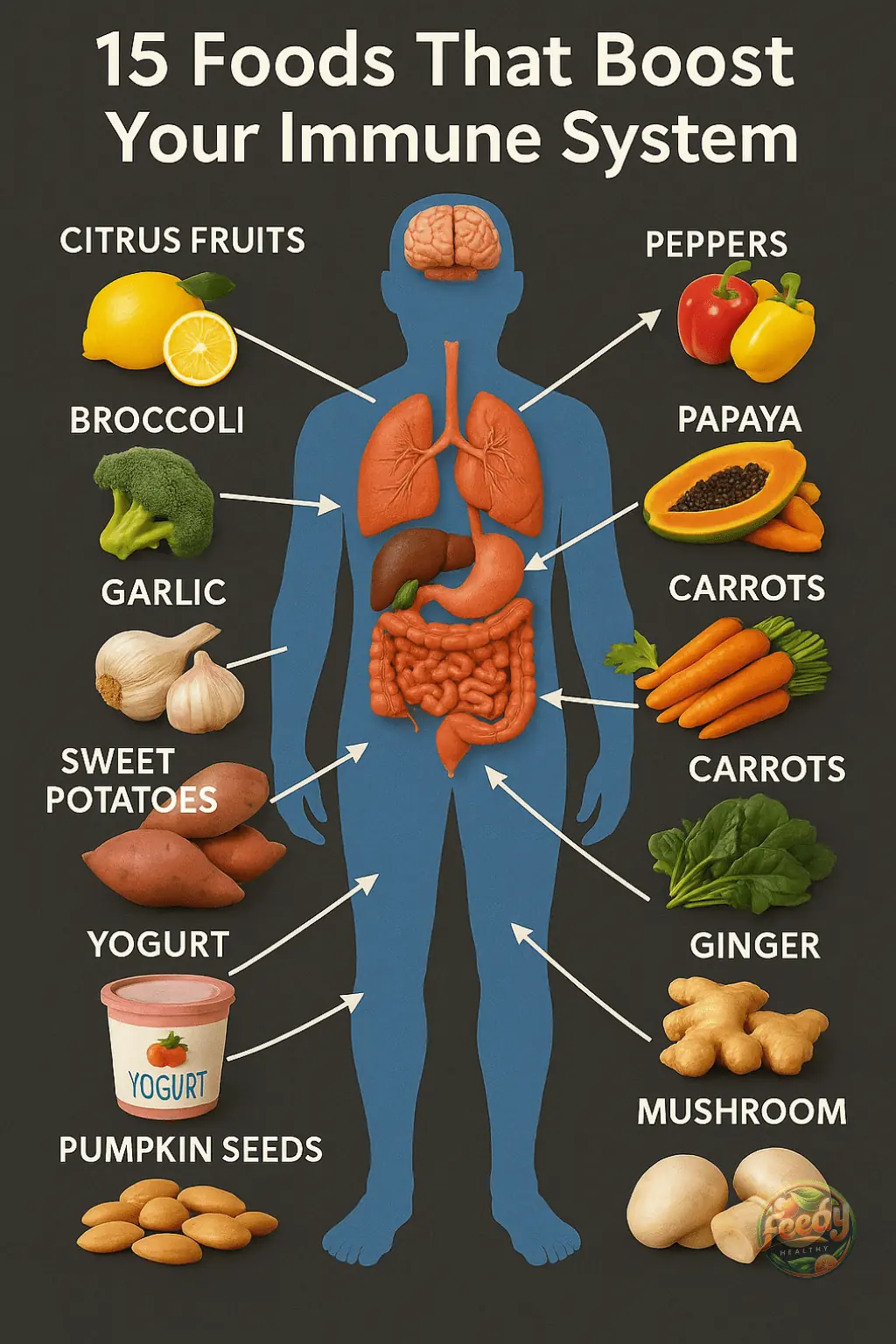
15 Immune-Boosting Foods You Should Add to Your Diet Today
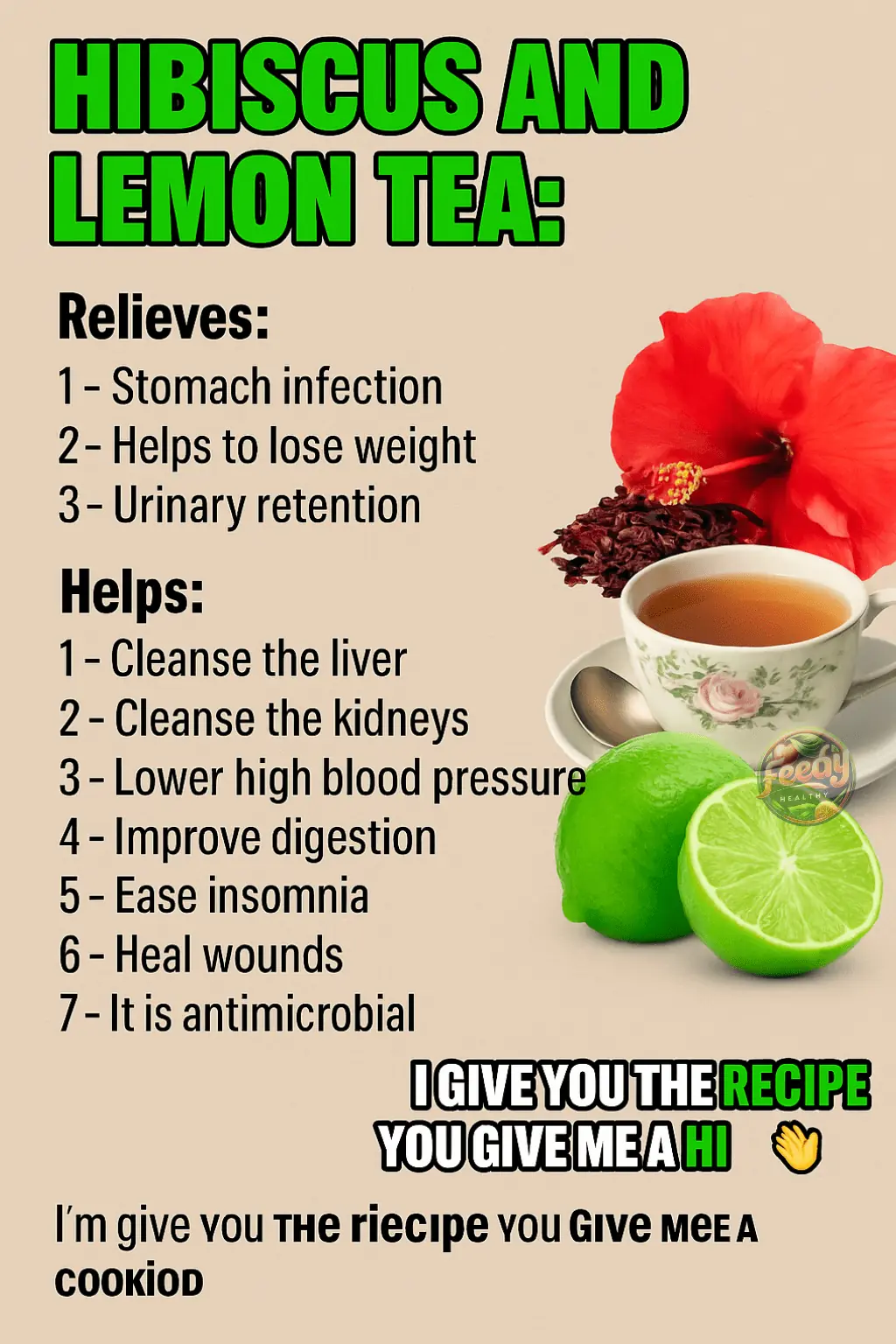
Hibiscus and Lemon Tea 🍋🌺

Don't Suffer Anymore — Eliminate Anemia, Restore Your Vision, and Cleanse Fatty Liver!
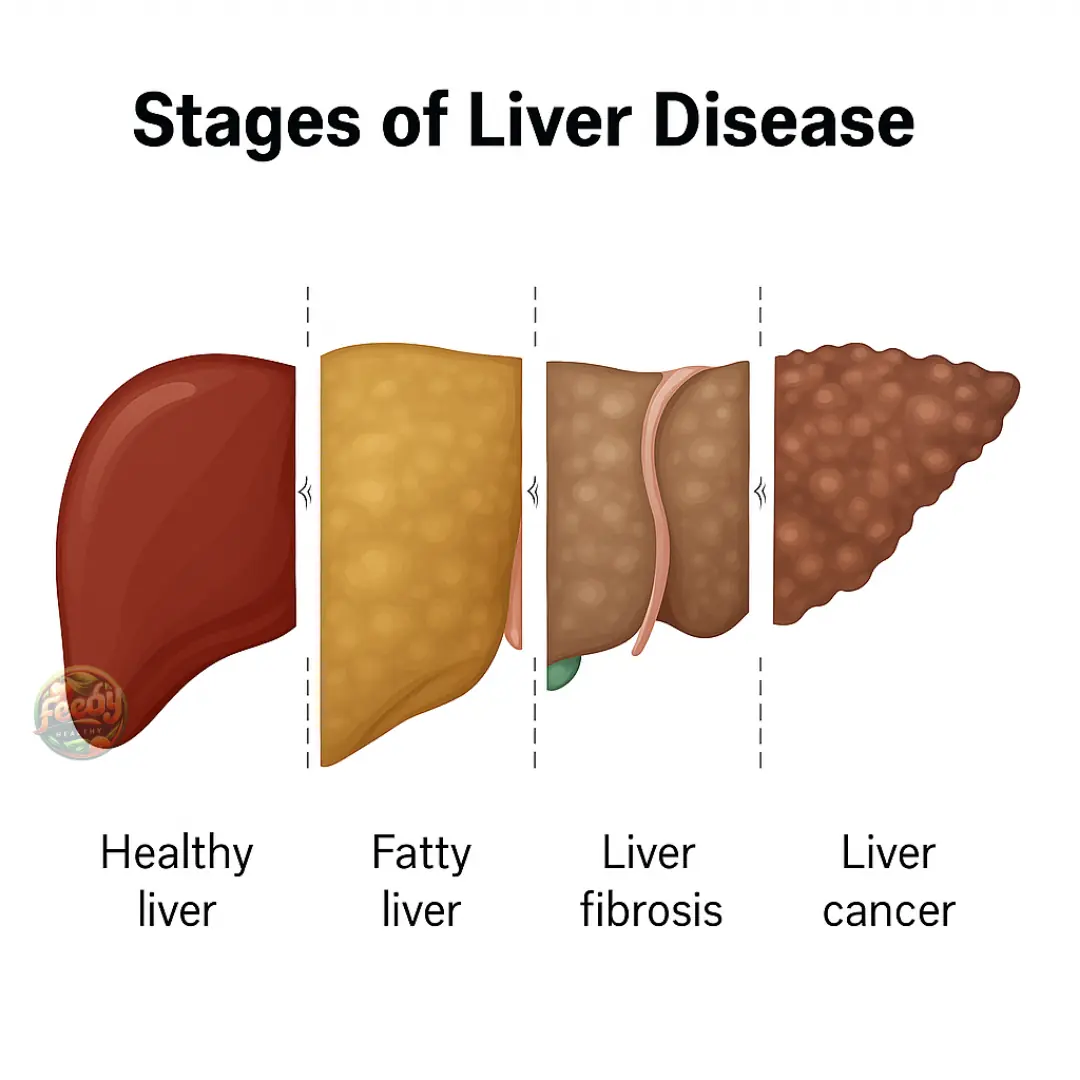
How Many Stages of Fatty Liver Are There? How to Effectively Control It
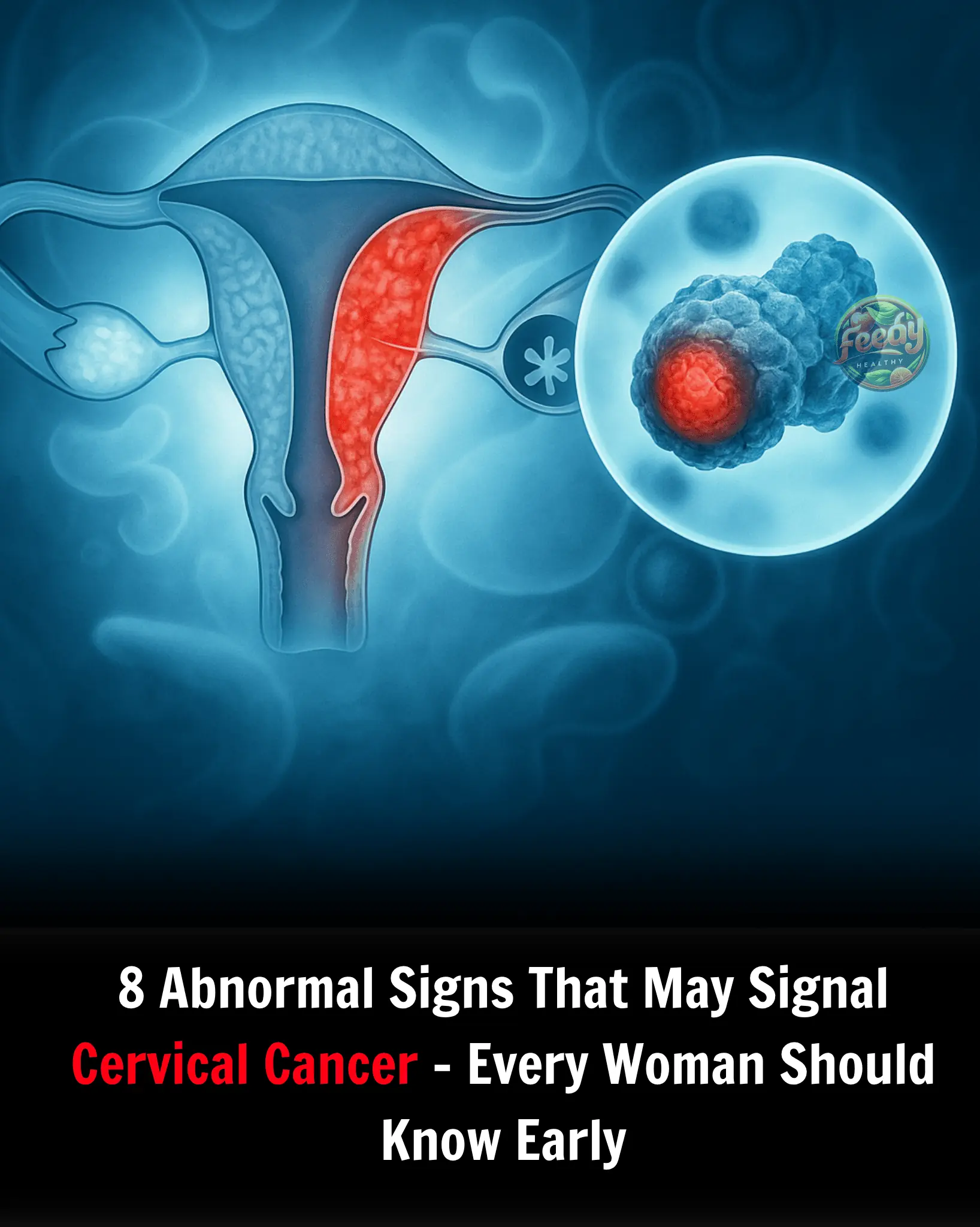
8 Abnormal Signs That May Signal Cervical Cancer – Every Woman Should Know Early
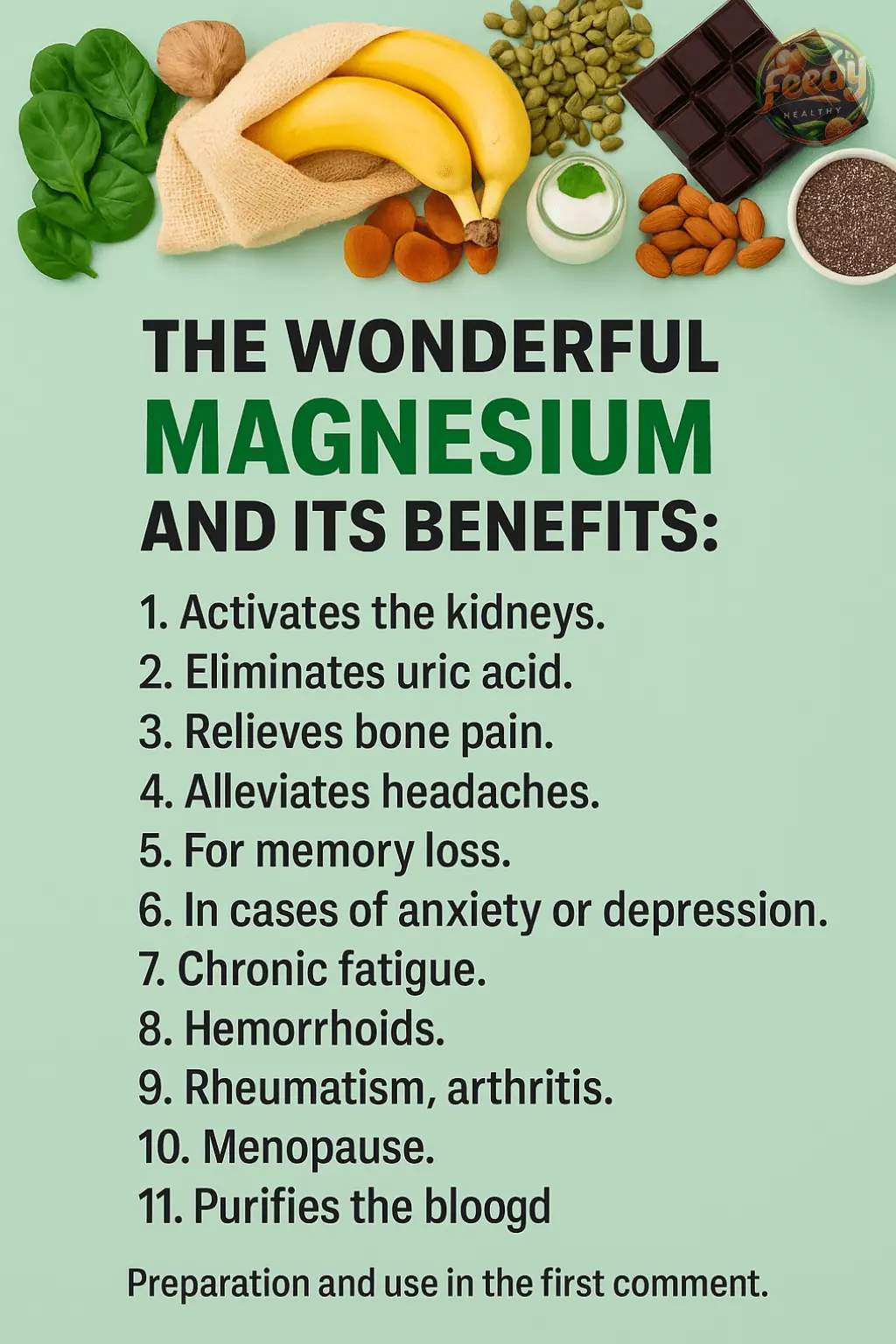
The Wonderful Magnesium and Its Health Benefits 👇🏼👇🏼

Discover the Healing Power of Four Medicinal Leaves
News Post

Fatty Liver Reversed Completely by Doing This Simple Daily Habit, Says Doctor: “It’s Free and Easy”

4 Surprising Beauty Uses of Castor Oil No One Talks About

My nana swears by these 'Pineapple Ginger Energy' shots. She says it makes her feel totally different. Here's how to make it and why

My nana swears by eating this each day!
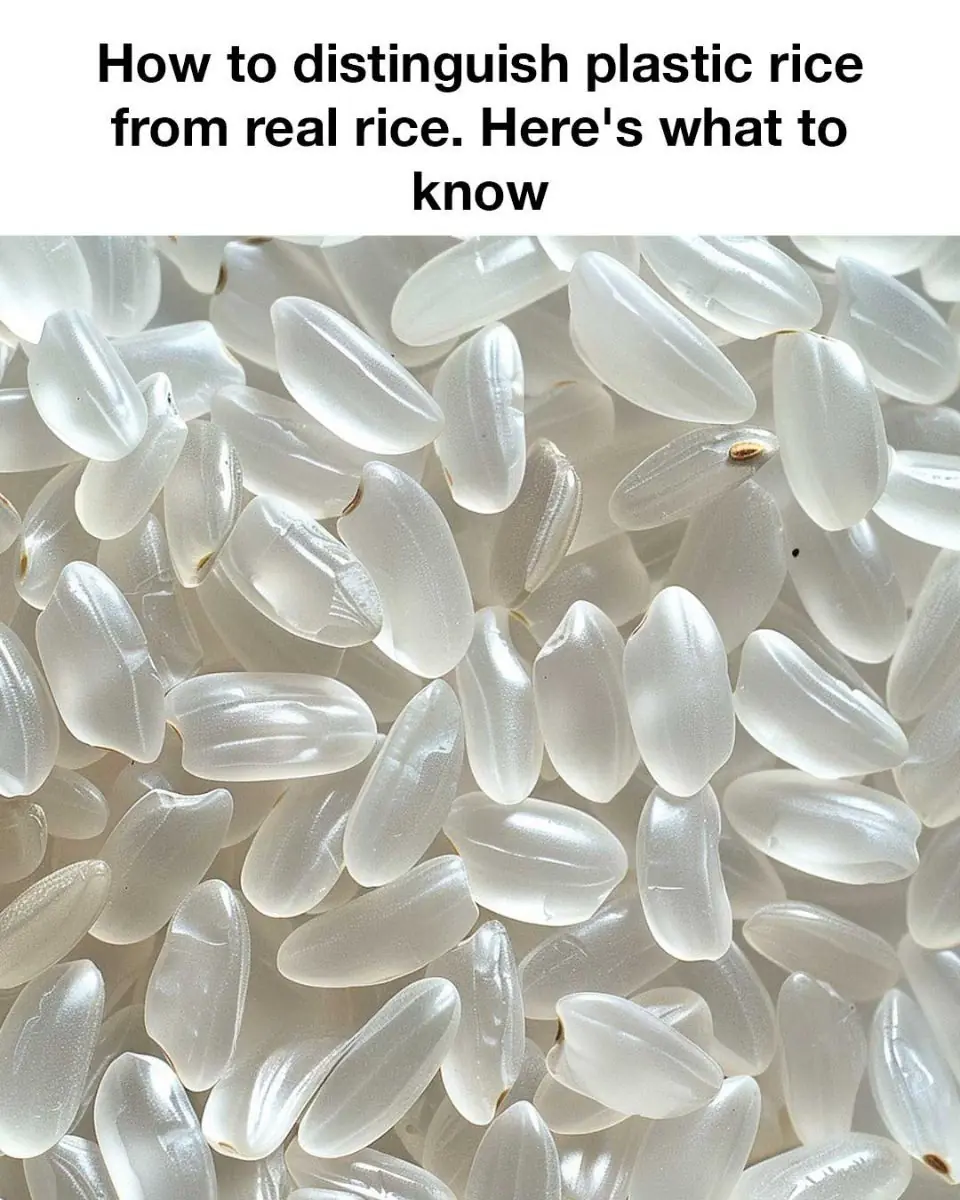
How to distinguish plastic rice from real rice. Here's what to know.

Doctor Warns: Common "Money-Saving" Habits May Lead to Cancer – A Family of Three Diagnosed

Natural Remedy to Clear Phlegm, Relieve Dry Cough, and Ease Sinusitis

Say Goodbye to Swollen Feet, Diabetes, Poor Circulation, and More — Naturally!

Honeybee Venom: A Natural Breakthrough in the Battle Against Breast Cancer

5 Concerning Symptoms During Sleep That May Signal an Impending Stroke

Homemade Onion & Bay Leaf Syrup: An Ancient Remedy for Your Lungs 🌿🧅

Lavender: The Plant That Relieves Headaches, Muscle Pain, Rheumatic Aches, and More

The Most Powerful Tea to Help You Sleep Relaxed: Valerian Root Tea

Natural Hair Growth & Strengthening Tonic

This is news to me!

This is news to me!

Rosemary Hair Butter for Healthy Hair Growth

Burn Belly Fat Naturally with Japanese Chia Seed Drink!
